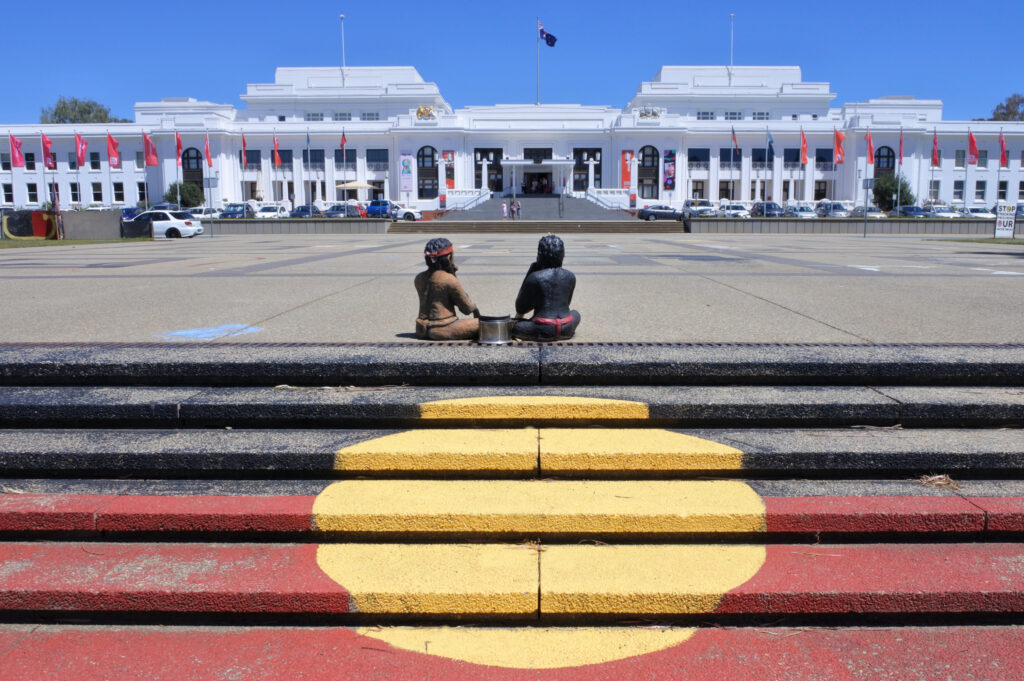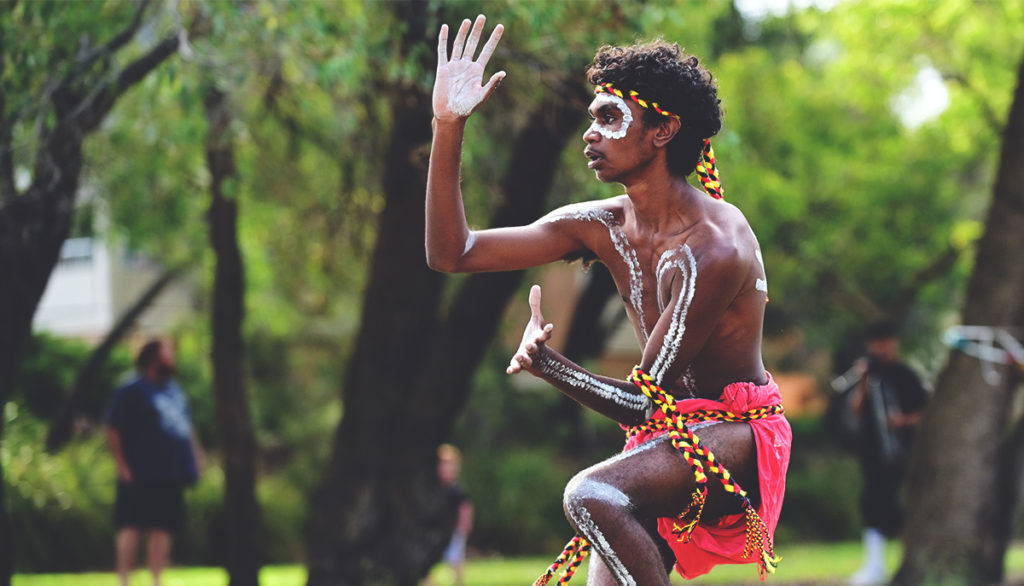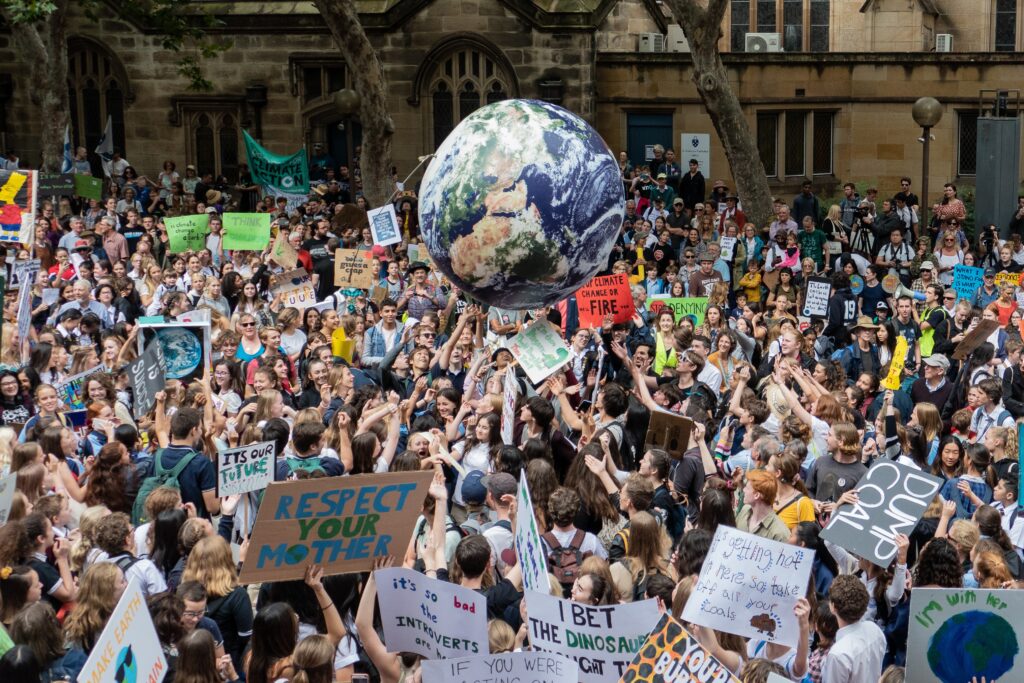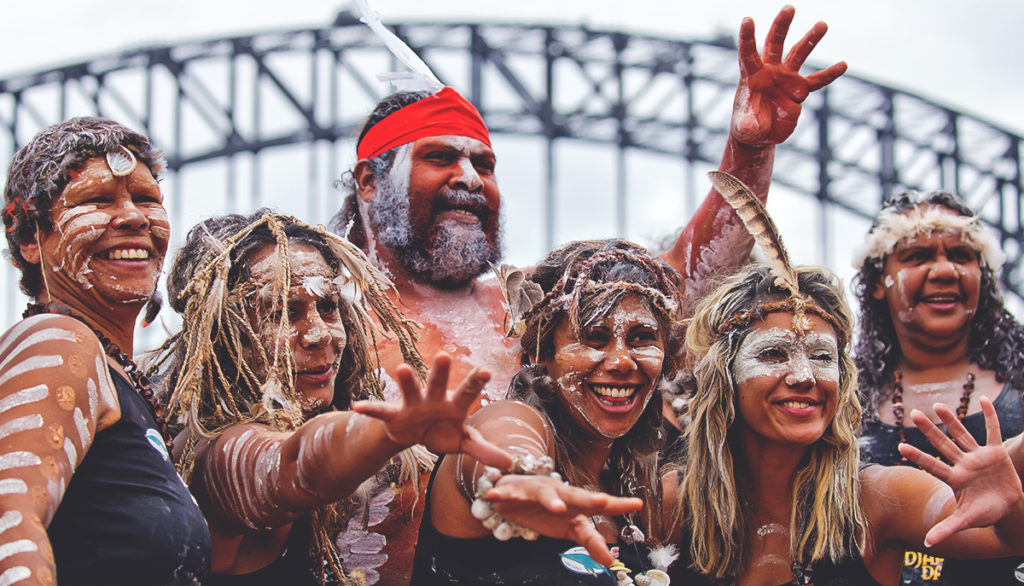On 14 October 2023, Australia will vote in a referendum called the Indigenous Voice to Parliament, now commonly referred to as The Voice. This referendum is designed to make changes to the constitution of Australia to better represent the country’s First Nations peoples.
You may have heard about this event in news articles or conversations, and in the months leading up to the vote, there will likely be discussions and events related to the referendum in your classes, on campus or in your city. Being aware of the reasons behind these political events can enrich your international study experience. Plus, by participating in conversations and supporting Indigenous communities, you can actively contribute to a more fair Australia.
The Indigenous Voice to Parliament referendum is a monumental event that aims to create a more inclusive and representative political system for all Australians. Here, we break down what you should know about this significant event in Australian history.
What is a referendum?
A referendum is when citizens vote on a specific question or issue. Instead of voting for politicians like in elections, people vote “yes” or “no” on a proposal or question.
This can be about changing laws or the constitution. A referendum lets citizens have a say on important decisions, and their votes can help make, amend, or stop the proposal. Any change to Australia’s Constitution is a historic moment – there have only been eight changes to it since 1901.
One of the most recent referendums in Australian history was the referendum on same-sex marriage in 2017, which saw the majority of Australians vote in favour of legalising same-sex marriage.
Can international students vote in an Australian referendum?
No, international students who are studying in Australia will not be able to vote in the upcoming referendum. Only Australian citizens who are 18 years or older are eligible to vote.
Nonetheless, it is still important for international students to gain an understanding of the historical context and potential outcomes of the referendum. By doing so, you can help create a more inclusive and empathetic Australia.
Being aware of this context can also provide you with a more comprehensive understanding of Australia’s current political and social landscape. Although you can’t vote, you can still participate in conversations and support Indigenous communities to actively contribute to this cause.
What is the Indigenous Voice to Parliament?
In 2017, the Uluru Statement from the Heart was a landmark moment in the push for Indigenous representation. It called for the establishment of a First Nations Voice enshrined in the Australian Constitution and a Makarrata Commission to oversee treaty-making and truth-telling processes. The Indigenous Voice to Parliament referendum is a direct response to this statement.
The Indigenous Voice to Parliament seeks to address the long-standing marginalisation of the Aboriginal and Torres Strait Islander peoples by including them in the country’s democratic process. If successful, the referendum will lead to the amendment of the Australian Constitution to include an Indigenous Voice to Parliament.
The Voice would be a national group of about 20 Aboriginal and Torres Strait Islander members. This body would be a balanced mix of genders and include a Youth and Disability Advisory Group. This would give Aboriginal and Torres Strait Islander peoples a formal advisory role in shaping policies and legislation that directly affect their communities.
What will Australians vote on?
This Saturday, 14 October, Australians will have their say about whether we should change the Constitution establish a body called the Aboriginal and Torres Strait Islander Voice.
Voters will be asked to vote ‘yes’ or ‘no’ on a single question. The question on the ballot paper will be:
“A Proposed Law: to alter the Constitution to recognise the First Peoples of Australia by establishing an Aboriginal and Torres Strait Islander Voice.
Do you approve this proposed alteration?”
If you’re interested in learning more about the details, you can read the referendum question and constitutional amendment.
The importance of the Indigenous Voice to Parliament referendum
Understanding the Indigenous Voice to Parliament referendum requires knowing the history and culture of Australia’s Aboriginal and Torres Strait Islander peoples. These Indigenous communities have lived in Australia for over 60,000 years, forming a rich cultural heritage. However, they have faced significant hardships since the British colonised the country in 1788, including massacres of their communities, displacement, loss of land and resources, and social and political exclusion.
The Indigenous Voice to Parliament referendum is a critical step in the ongoing journey towards reconciliation and justice for Aboriginal and Torres Strait Islander peoples. Such a voice would help address the discrimination faced by Indigenous Australians and work towards healing the wounds of the past. It represents an opportunity for all Australians, including international students, to learn from and appreciate the rich cultural heritage of the First Nations peoples and to work together towards a more inclusive society.
Read more: Why is Australia Day so Controversial?





